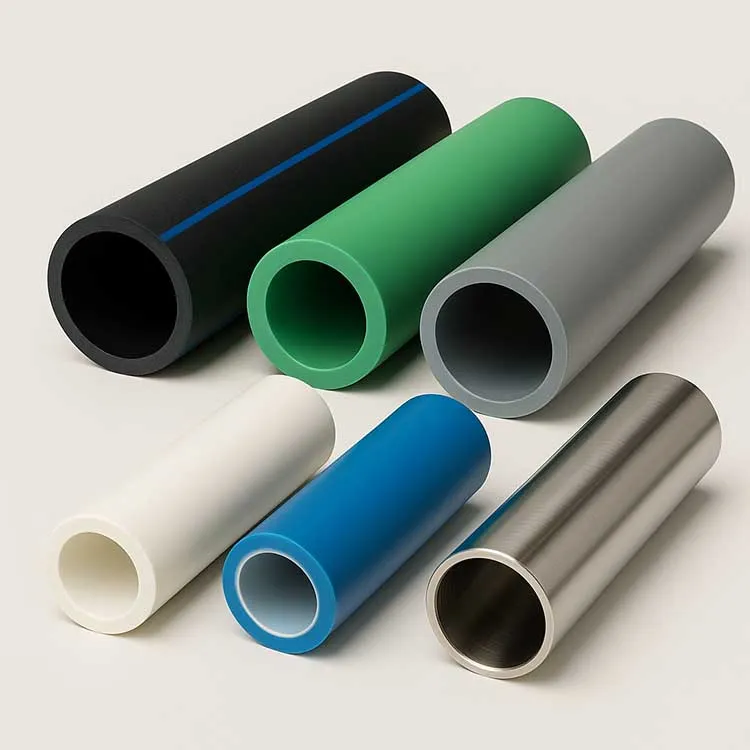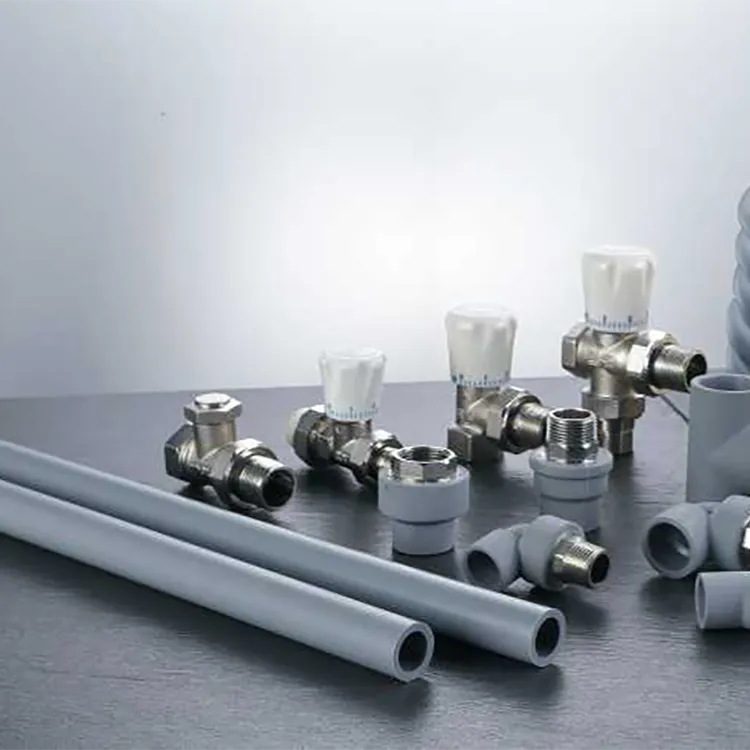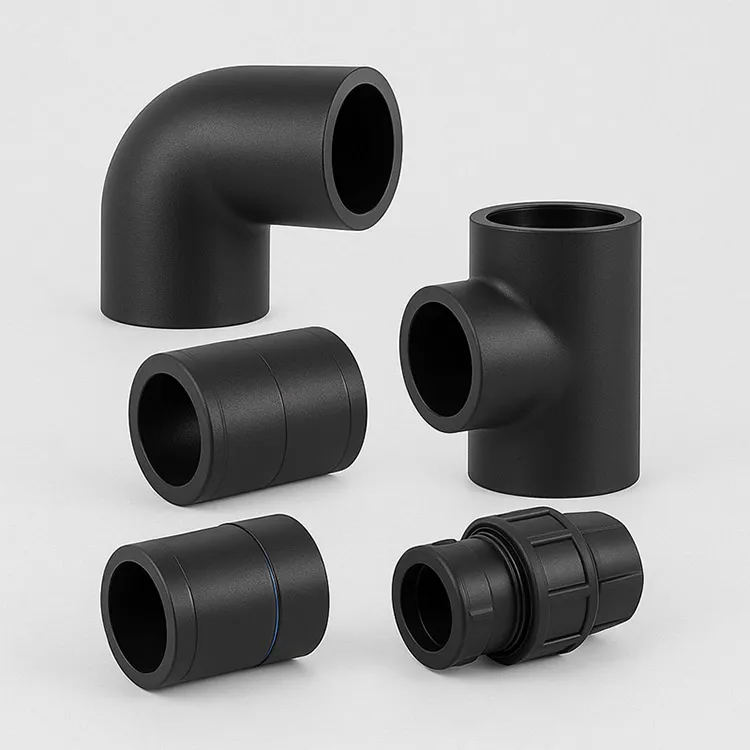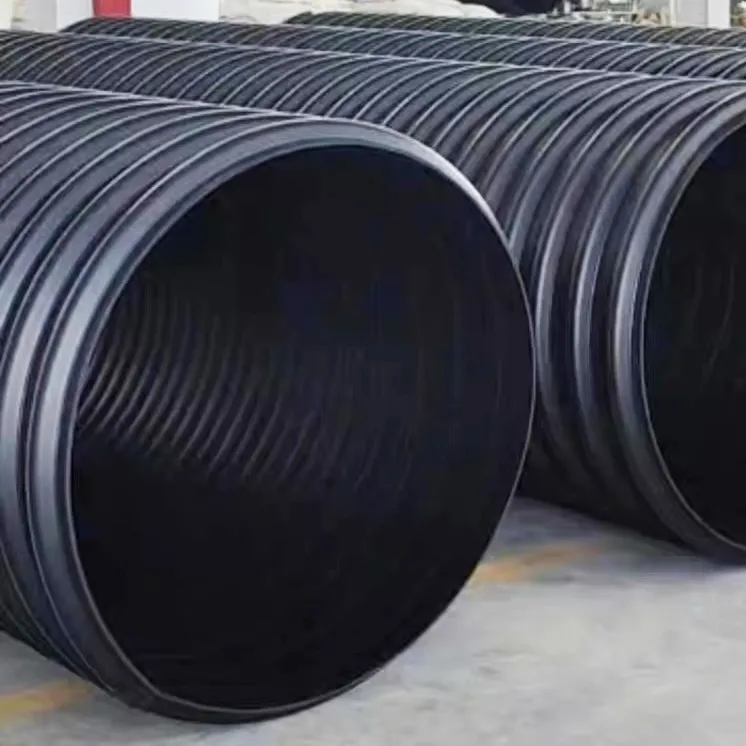Pipelines are vital in providing essential water and wastewater services to the public and represent a significant investment. However, trillions of gallons of water are lost annually, with a substantial portion of the loss caused by undetected leaks from irrigation systems. Adopting pipelines with improved joints can significantly reduce these leaks.
High-density polyethylene (HDPE) pipes are an innovative agricultural application solution, including irrigation, drainage, waste management, and livestock watering systems. These pipes and fittings offer various benefits, such as flexibility and a long lifespan, and provide significantly improved leakage protection thanks to their heat-fused joints. Given these benefits, HDPE Agriculture Pipes are an attractive option for piping systems that feed into irrigation systems.
This article aims to highlight the durability and economic benefits of using HDPE Agriculture Pipes in agricultural applications and provide a detailed description of their usage. It also explores the advantages of HDPE Agriculture Pipes over other materials and explains why they are increasingly popular in agriculture.
HDPE Agriculture Pipe in Brief
HDPE Agriculture Pipes are made of high-density polyethylene, a thermoplastic polymer. They are widely used in water transmission, gas distribution, sewage and drainage systems, and agricultural irrigation. HDPE Agriculture Pipes have become increasingly recognized in the agricultural sector as a cost-effective and durable alternative to metal pipes, especially for irrigation, water supply, and drainage. They are preferred for being lightweight, easy to install, and fusion weldable.
In the long term, HDPE Agriculture Pipes are also cost-effective due to reduced maintenance requirements, sustained flow capacity throughout their service life, and minimal leaks at joints. They are also environmentally sustainable due to their recyclability and minimal leaching. Furthermore, HDPE Agriculture Pipes offer flexibility, low water pumping costs, and good chemical, abrasion, and oxidation resistance.
The Durability of HDPE Agriculture Pipe
One of the essential benefits of HDPE Agriculture Pipes in agricultural applications is their resistance to corrosion and chemicals. Unlike traditional concrete and metal pipes, HDPE Agriculture Pipes are not susceptible to rust or corrosion, making them ideal for use in irrigation systems, water supply, and waste management systems exposed to various chemicals and corrosive substances. Additionally, HDPE Agriculture Pipes are resistant to a wide range of chemicals, including fertilizers, pesticides, and other agricultural chemicals that can cause damage to different types of piping materials. This makes HDPE Agriculture Pipes ideal for use in agricultural settings where the pipes are exposed to these chemicals regularly.
Another critical feature of HDPE Agriculture Pipes is their flexibility and impact resistance. Compared to rigid pipes, HDPE Agriculture Pipes are flexible and can bend and elongate without breaking, making them ideal for use when they need to be relocated or reconfigured. This flexibility allows use in areas where earthquakes and other seismic activity can occur, reducing the risk of damage and leaks.
Additionally, HDPE Agriculture Pipes are highly resistant to damage from environmental factors such as temperature fluctuations and can resist UV throughout installation. Furthermore, they have poor thermal conductivity, which protects the liquids inside them from being affected by external temperatures. Moreover, HDPE Agriculture Pipes are not affected by freeze-thaw cycles, making them ideal for use in colder climates where other types of pipes may become damaged due to repeated freezing and thawing.
Economic Benefits of HDPE Agriculture Pipe
HDPE Agriculture Pipes are increasingly used in agricultural applications for their economic benefits. These pipes are lightweight and flexible, making them easier to handle during installation. They are also durable and resistant to corrosion, rust, and other forms of degradation, reducing the need for costly repairs and replacements. Another significant advantage of using HDPE Pipes in agriculture is their low leakage rates compared to other materials.
Irrigation systems are critical for the growth and survival of crops, and leaks in such systems can result in substantial water loss and increased farming costs. With HDPE Agriculture Pipes, however, leaks are much less common thanks to their heat-fused joints, resulting in a more efficient and cost-effective irrigation system. Additionally, the smooth interior walls of HDPE Agriculture Pipes result in less friction loss than other pipes, leading to energy savings for farmers.
Furthermore, the energy efficiency of HDPE Agriculture Pipes means they can be used in large-scale irrigation systems, which can help reduce farming energy costs. Finally, HDPE Agriculture Pipes have a long lifespan, and their improved durability reduces replacement costs for farmers. Additionally, the durability of HDPE Agriculture Pipes means they are less likely to suffer from punctures or cracks, which can lead to leaks in other types of pipes. Accordingly, HDPE Agriculture Pipes are expected to provide a long lifespan while requiring low maintenance. Hence, they represent a cost-effective and versatile solution for agricultural applications.
Uses of HDPE Agriculture Pipe in Agricultural Applications
As previously mentioned, HDPE Agriculture Pipes have become the preferred solution for agricultural applications due to their durability, flexibility, and cost-effectiveness. They are widely used in irrigation, drainage, and livestock watering systems and have proven reliable and long-lasting solutions for farmers and ranchers. Irrigation systems are critical for the growth and survival of crops, and HDPE Agriculture Pipes are commonly used to transport water to fields, providing crops with the necessary moisture they need to thrive. These pipes are lightweight, flexible, and can be buried underground, reducing the risk of damage from weather or animals. They also resist corrosion and chemicals, ensuring a clean water supply for crops.
Drainage systems are also crucial for crops' health and a farm's overall productivity. HDPE Agriculture Pipes can effectively drain excess water from fields, preventing erosion and preserving fertile soil. In addition, HDPE Agriculture Pipes are ideal for use in livestock watering systems, transporting water from a well or other source to troughs or other watering stations.
Moreover, HDPE Agriculture Pipes are relatively UV-resistant, making them suitable for fish farming operations. These pipes can transport water, oxygen, and nutrients to fish ponds or tanks, ensuring the well-being of the fish. They are also commonly used to safely and efficiently transport various liquids, such as fertilizers, herbicides, and other chemicals, reducing the risk of leaks and spills. HDPE Agriculture Pipes are a versatile and cost-effective solution for the agricultural industry.
HDPE Agriculture Pipes are a cost-effective and durable alternative to traditional metal pipes, and they are increasingly popular in agriculture for applications like irrigation, drainage, waste management, and livestock watering systems.
HDPE Agriculture Pipes offer various benefits, such as flexibility and a long lifespan, and they provide significantly improved leakage protection thanks to their heat-fused joints. They are also environmentally sustainable due to their recyclability and minimal leaching.
HDPE Agriculture Pipes are resistant to corrosion, chemicals, and environmental factors, making them ideal for use in agricultural settings. Their low leakage rates, energy efficiency, and long lifespan make them a cost-effective solution for farmers and ranchers.
251.webp)
102520.webp)


981.webp)

 (1)379.webp)

294.webp)
476.webp)
420.webp)
146.webp)
460.webp)
287.webp)
274.webp)
688.webp)


